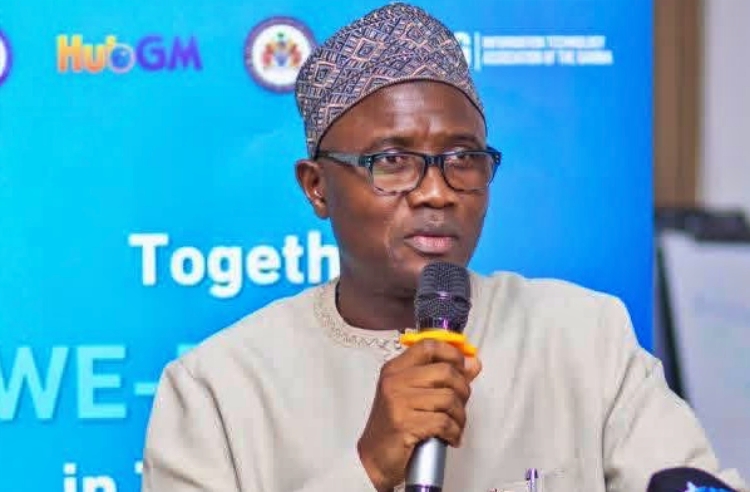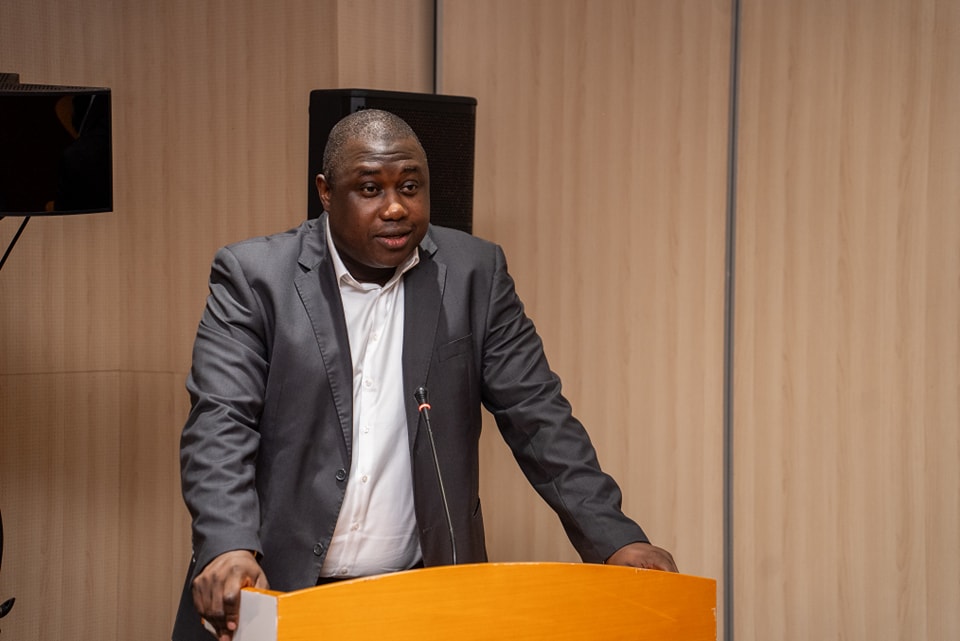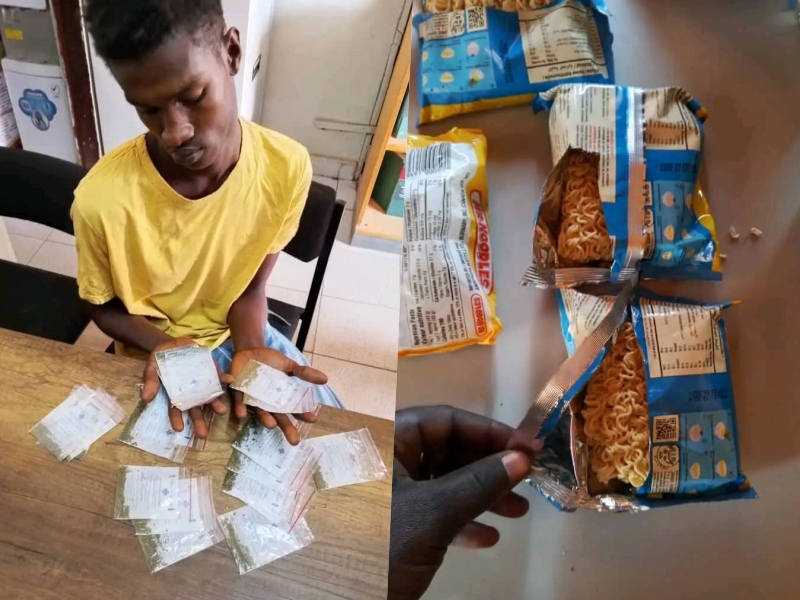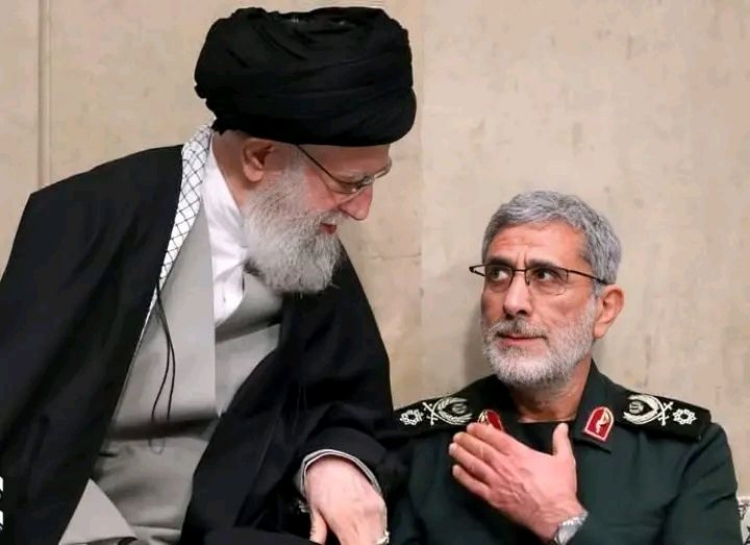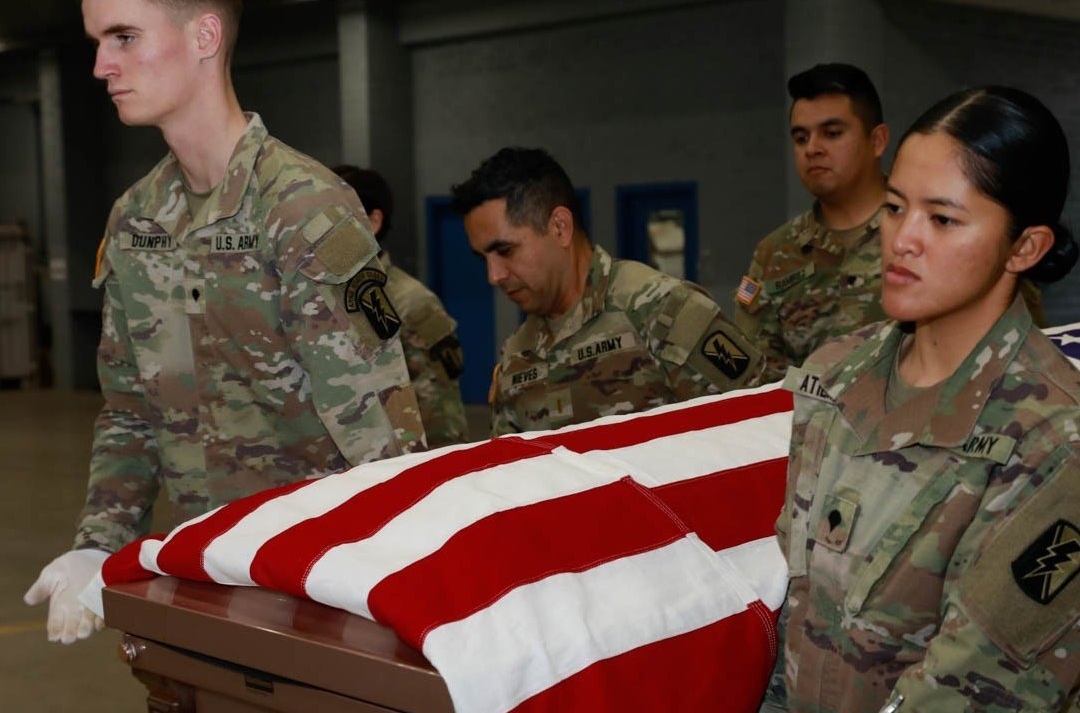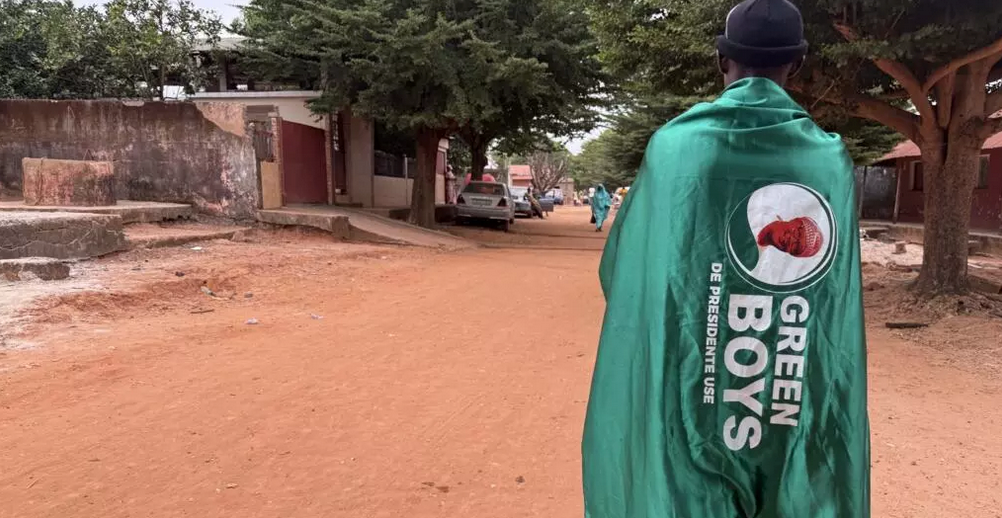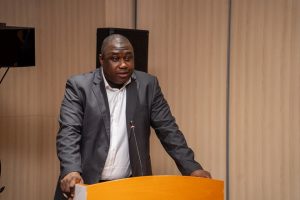Gambiaj.com – (BISSAU, Guinea-Bissau) – Three days before Guinea-Bissau heads to the polls on November 23, 2025, the atmosphere in Bissau feels charged, expectant, electric, and, for some, unsettling. As President Umaro Sissoco Embaló tours the country’s east in a final push for votes, a new force has burst onto the political scene with military-style discipline and a striking visual identity: the “Green Boys.”
What began less than a month ago as a youth mobilization effort has transformed into one of the most talked-about features of Embaló’s re-election machinery.
Their marches, tight formations of young men and women dressed head-to-toe in green, have become a fixture in the capital. They call it the “color of hope.” Others note its resonance with Islam, Embaló’s religion, and worry about the symbolism of uniformed loyalty in a fragile democracy.
But beneath the spectacle lies a deeper, more sensitive conversation, one that reaches far beyond the borders of Guinea-Bissau.
A Backyard Headquarters of Discipline and Devotion
The Green Boys operate from the backyard of a modest mud house in northern Bissau. There, they rehearse, drill, and perfect the choreography of their support.
Their leader, Umaro Baldé, speaks with the conviction of a man building something larger than a campaign group.
“One of the principles that guides us is the spirit of organization,” he says. “We want not only to show our support for the President but also to prove that with good organization and discipline, we can develop the country.”
Organization. Discipline. Loyalty. These are the words that define the movement and the words that worry critics.
From Door-to-Door to Digital Battlefields
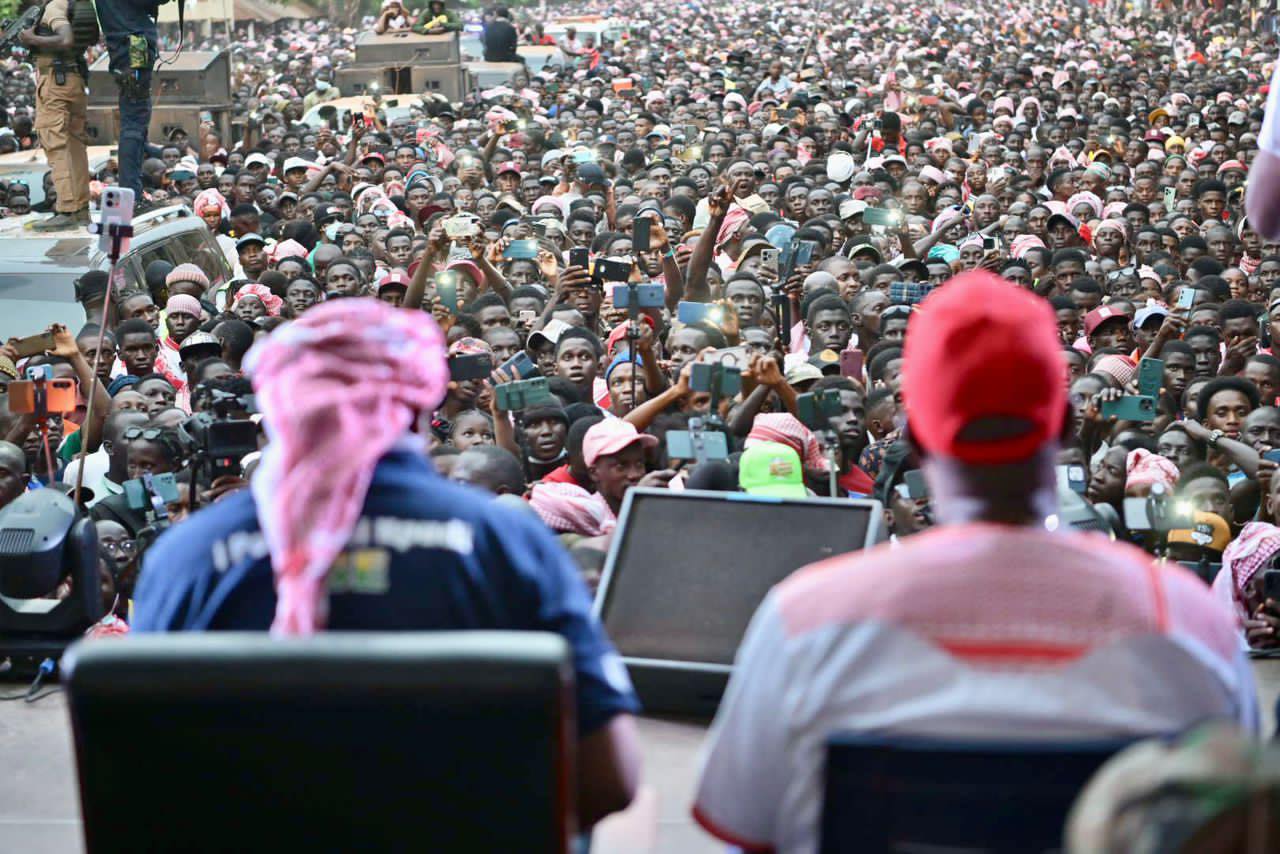
Each morning, the Green Boys take their message to the streets. Door-to-door canvassing has become a ritual.
One of the group’s most enthusiastic mobilizers, Esmeraldina, beams as she explains the mission: “We’re going door-to-door to raise awareness and ask people to vote for Umaro Sissoco Embaló. People are receptive! Because he’s a successful man. He does what he says.”
Another member, Alfa, frames their activism as patriotism. Gesturing toward a freshly repaired road, he says, “We built this road ourselves. To show that young people can and must contribute to the development of Guinea-Bissau.”
Offline, they march. Online, they multiply. In under a month, the Green Boys have amassed more than 4,000 followers, a stunning rise in a small, often disconnected digital ecosystem.
Yet, as their visibility increases, so do the questions.
A Specter From Next Door: Comparisons to Jammeh’s “Green Boys”
Across the border in The Gambia, the emergence of Embaló’s Green Boys has stirred a familiar and uncomfortable memory. Some Gambians, many of whom lived through the iron-fisted early years of Yahya Jammeh, warn that Guinea-Bissau may be witnessing the birth of a similarly dangerous apparatus.
Jammeh’s “Green Boys” were not mere campaign supporters. They became his eyes, ears, and fists. Born in the early years of his junta rule, they blended into the social fabric as vigilantes, intimidating communities and helping consolidate his grip on the state.
They operated alongside the National Intelligence Agency, presidential guards, and the feared “Junglers,” a paramilitary hit squad. Their involvement in the 2009 witch-hunt, where victims were rounded up and terrorized, remains one of the darkest chapters of Gambian history.
It is this history that fuels the unease.
Is Embaló Building a Parallel Power Structure?
To critics, the similarities are hard to ignore. Embalo’s Green Boys ecosystem is a disciplined, uniformed youth force with direct loyalty to the sitting president. They have a rapid mobilization ability with a narrative of patriotism intertwined with obedience. The timing looks suspicious as Embaló enters the most delicate phase of his rule.
In his final months before the vote, President Embaló has increasingly leaned into displays of strength and assertiveness. His governing style has often been described as abrupt and uncompromising, an “iron fist” to some, and “decisive leadership” to others. The Green Boys amplify that image, visually cementing his authority in the streets.
For supporters, this is reassurance. For skeptics, it is a red flag.
Guinea-Bissau has long been a country allergic to authoritarian experiments, scarred by coups, instability, and militarized politics. The sudden rise of an organized, disciplined, loyalist youth brigade feels, to many, like déjà vu.
A Nation on the Edge of Promise, or Peril
As Guinea-Bissau prepares to vote, the Green Boys stand at the symbolic heart of the Embaló campaign: energetic, organized, and unmistakably aligned with the incumbent’s vision of order.
But they also embody the anxieties of a nation that has suffered under the shadow of men who mistook power for destiny.
Whether the Green Boys are a harmless campaign novelty or the early blueprint of a more troubling project will depend largely on what happens after November 23.
For now, Guinea-Bissau watches, with admiration, concern, or fear, as this new generation marches in lockstep, green uniforms gleaming under the West African sun.



